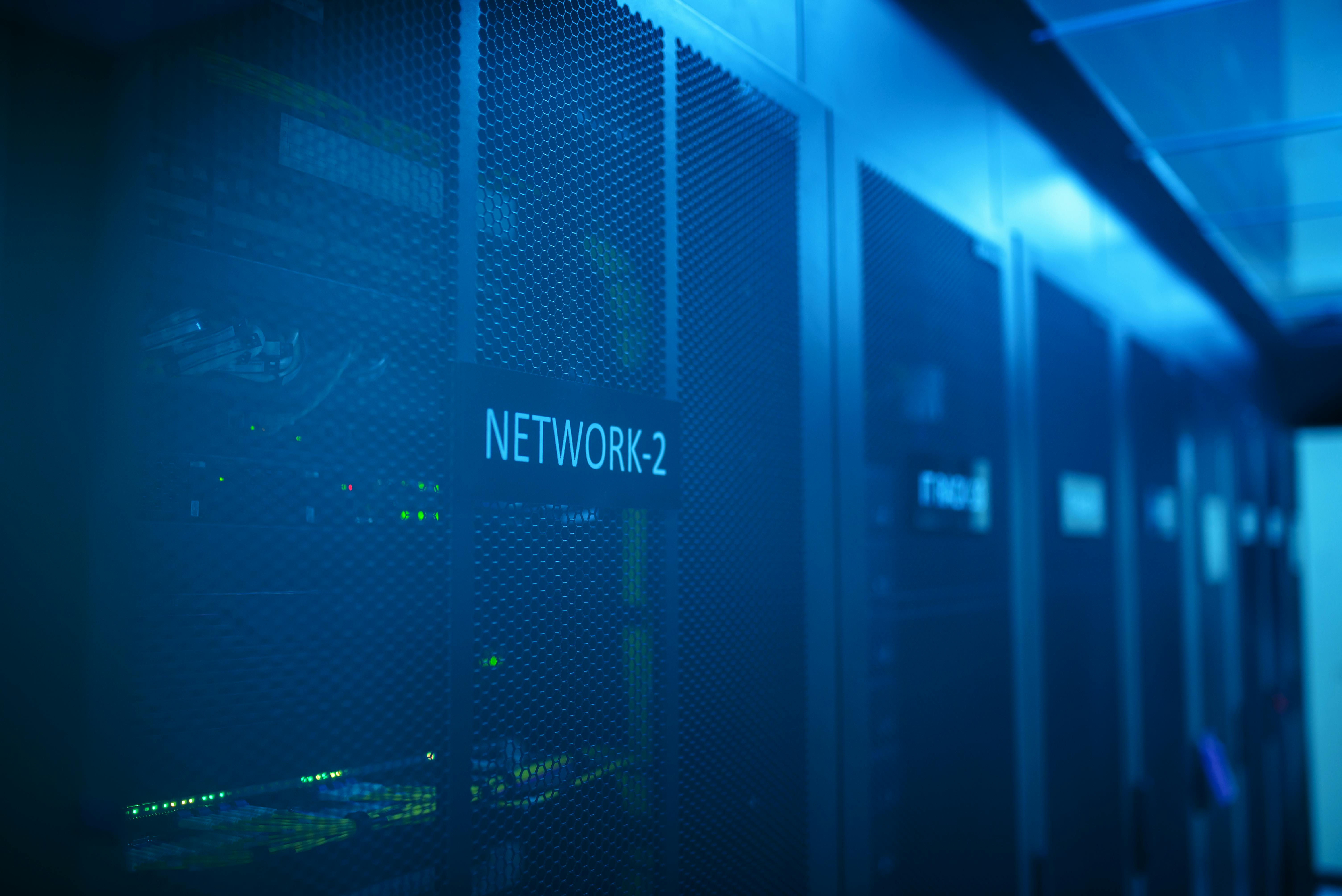Decentralized AI Survival: Beyond Rented Compute, Bitcoin's Legacy

Decentralized AI Survival: Beyond Rented Compute, Bitcoin's Legacy
The Evolution of AI and the Influence of Bitcoin
Artificial Intelligence (AI) has become a dominant force in the technological landscape, transforming industries and shaping the future of innovation. However, the reliance on rented compute has been a critical issue for many AI startups, leading to concerns about the sustainability of their business models.
Bitcoin, the pioneering cryptocurrency, has shown the way towards decentralization and autonomy. Just as Bitcoin challenged traditional financial systems, decentralized AI is now poised to disrupt the status quo in the AI industry.
The Pitfalls of Rented Compute for AI Startups
Many AI startups have relied heavily on rented compute resources to power their algorithms and models. While this approach may seem convenient and cost-effective in the short term, it comes with significant drawbacks in the long run.
First and foremost, rented compute resources are controlled by platform landlords who have the power to dictate terms and conditions. This dependence on third-party providers puts AI startups at a disadvantage, as they are subject to potential price hikes, restrictions, and data privacy issues.
Moreover, the centralized nature of rented compute poses a threat to the security and integrity of AI systems. By relying on external providers, AI startups expose themselves to the risk of data breaches, downtime, and cyber attacks.
The Rise of Decentralized AI
Decentralized AI offers a solution to the challenges posed by rented compute. By leveraging blockchain technology and decentralized networks, AI startups can create autonomous, secure, and transparent systems that are not reliant on any single entity.
Decentralized AI enables peer-to-peer interactions, incentivizes collaboration, and ensures data integrity through consensus mechanisms. This distributed approach not only enhances the performance and reliability of AI systems but also fosters innovation and democratization within the industry.
The Future of AI: Decentralization is Key
As the AI landscape continues to evolve, it is clear that decentralized AI will play a crucial role in shaping the future of the industry. By moving away from rented compute and embracing decentralized networks, AI startups can unlock new possibilities, drive efficiency, and promote sustainability.
Platform landlords may continue to exert their influence in the short term, but the tide is shifting towards a more decentralized and democratized AI ecosystem. In the coming years, we can expect to see a significant shift towards decentralized AI models that empower users, protect data privacy, and foster innovation.
In Conclusion
Bitcoin paved the way for decentralization in the financial sector, and now decentralized AI is following suit in the technology industry. By breaking free from the constraints of rented compute and embracing a decentralized approach, AI startups can ensure their survival in an ever-changing and competitive landscape.
Decentralized AI is not just a trend; it is a necessity for the future of artificial intelligence. The time has come for AI startups to ditch rented compute and embrace the transformative power of decentralization.
Comments
Post a Comment